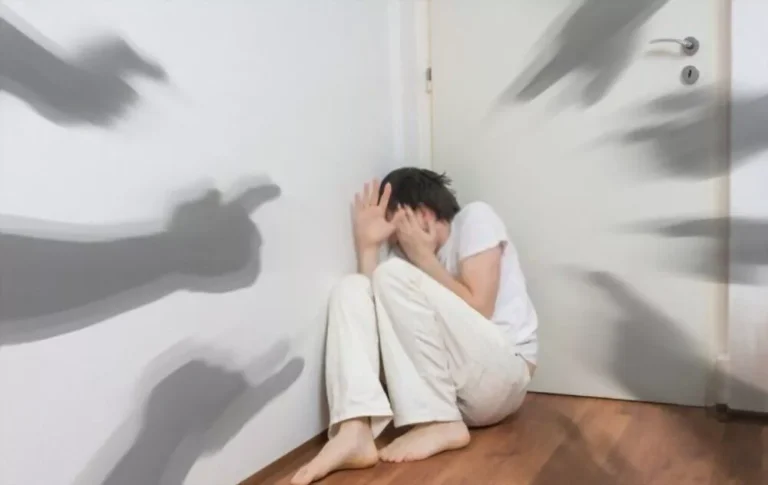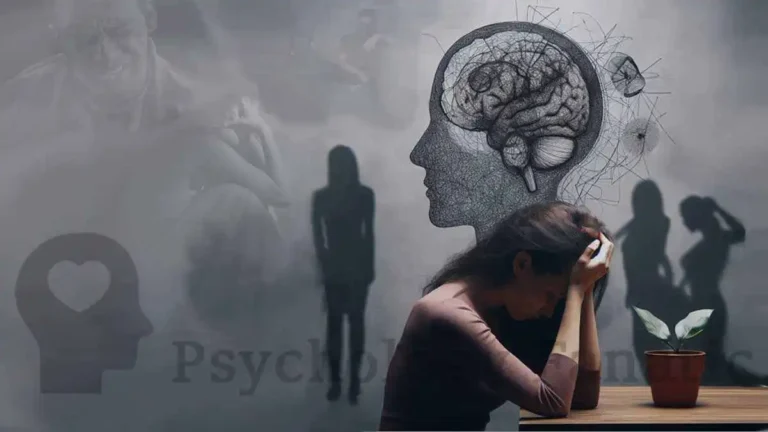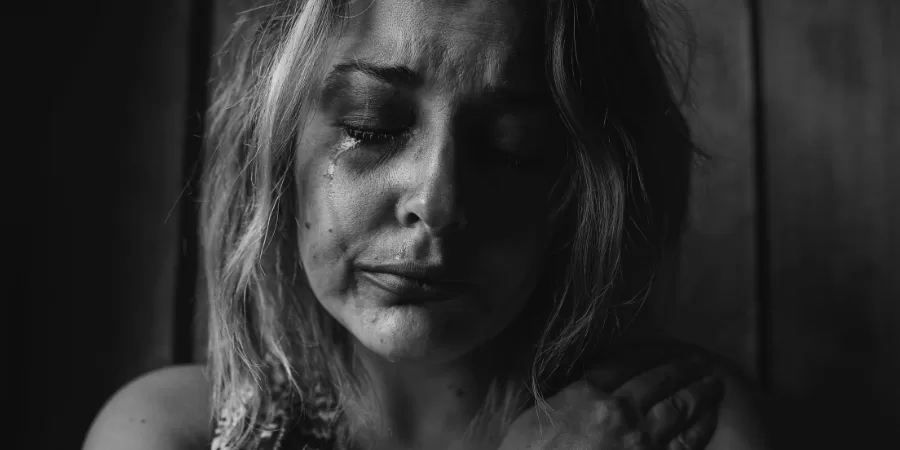Mental Disorders Insane issues are a gathering of serious emotional wellness conditions portrayed by twisted thinking and mindfulness, frequently prompting strange understandings of the real world. These problems essentially influence a singular’s considerations, feelings, and ways of behaving, and they normally include side effects like fantasies, fancies, and muddled thinking. Here are a few vital perspectives and instances of crazy problems:

Sorts of Crazy Problems:
1. Schizophrenia: Perhaps of the most notable crazy issue, schizophrenia includes a scope of side effects, including visualizations (seeing things that aren’t there), fancies (deceptions), muddled thinking, and unsettling influences in discourse and conduct.
2. Schizoaffective Disorder: This problem consolidates side effects of schizophrenia, like mental trips or fancies, with state of mind issue side effects, like craziness or misery.
3. Brief Maniacal Disorder: Portrayed by unexpected beginning of crazy side effects that keep going for a brief period (short of what one month), frequently in light of an unpleasant occasion.
4. Delusional Disorder: Includes relentless, non-strange daydreams (deceptions) that are not because of another maniacal problem, for example, accepting one is being oppressed or having an extraordinary, novel status.
5. Substance-Incited Insane Disorder: Crazy side effects (visualizations, fancies) that happen because of substance inebriation or withdrawal.
6. Psychotic Turmoil Because of Another Clinical Condition: Insane side effects that emerge as an immediate consequence of an ailment, like cerebrum injury, contamination, or metabolic unsettling influence.
Side effects of Crazy Problems:
- Hallucinations: Tactile encounters (seeing, hearing, feeling, tasting, or smelling things) that are not genuine. Hear-able fantasies (hearing voices) are generally normal.
- Delusions: Fixed convictions that are not in view of the real world, like suspicion (accepting others are plotting against you) or vainglory (accepting you have unique abilities or capacities).
- Muddled Thinking: Trouble sorting out considerations or associating them consistently, which can bring about discourse that is hard to follow or has neither rhyme nor reason.
- Disarranged or Strange Engine Behavior: This can go from disturbance and fretfulness to mental shock (absence of development or reaction).
- Pessimistic Symptoms: Decreased capacity to start and support exercises, lessened profound articulation, and diminished inspiration (e.g., social withdrawal).
Treatment and The board:
- Antipsychotic Medications: Drugs are much of the time used to lessen or control maniacal side effects. These can incorporate average antipsychotics (like haloperidol) or abnormal antipsychotics, (for example, risperidone, olanzapine).
- Psychotherapy: Mental social treatment (CBT) and steady treatment can assist people with overseeing side effects, work on working, and adapt to the difficulties of living with a maniacal issue.
- Hospitalization: In serious cases or during intense episodes, hospitalization might be important to guarantee security, settle side effects, and give escalated therapy.
- Local area Backing Services: These incorporate case the board, professional restoration, and lodging help to help people in their recuperation and day to day living.
- Conclusion:
Insane issues can significantly affect people’s lives and frequently require continuous treatment and backing. Early mediation, exhaustive treatment arranging, and a strong climate are pivotal in dealing with these complicated circumstances successfully.


